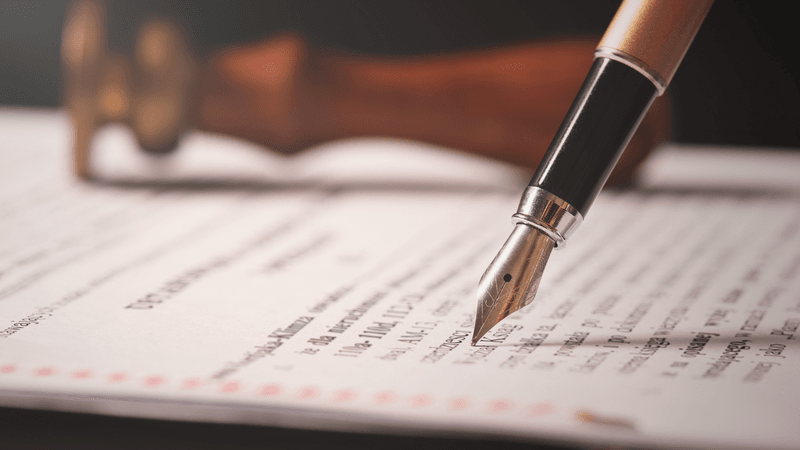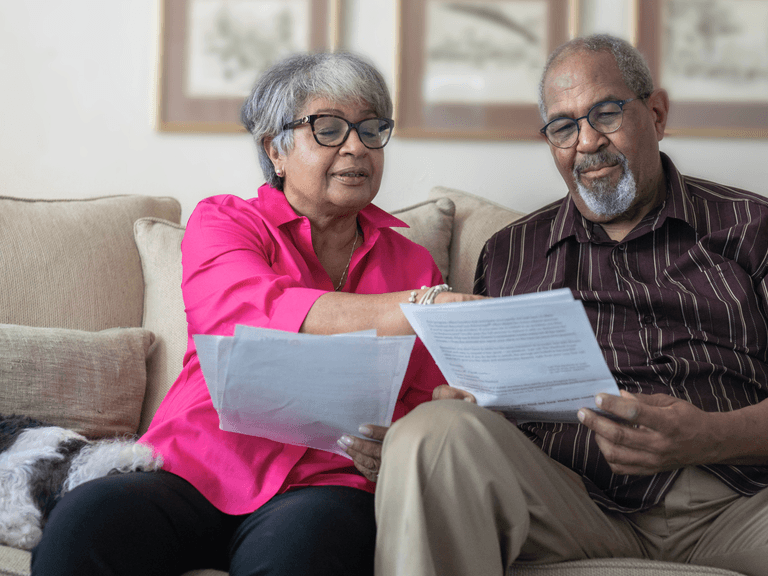Can you change a Will after someone has passed away?

Understanding a Deed of Variation: Changing a Will After Death
When a loved one passes away, their Will usually determines how their estate is distributed. But what if the beneficiaries want to change those arrangements — legally and fairly?
This is where a Deed of Variation comes in.
What is a Deed of Variation?
A Deed of Variation is a legal document that allows beneficiaries of a deceased person’s estate to change the way the estate is distributed. These changes can involve redirecting assets to different people, charities, or trusts — even if the Will (or intestacy rules) originally said otherwise.
Why Would Someone Use a Deed of Variation?
There are several reasons why beneficiaries might choose to vary a Will:
- Tax Efficiency: Redirecting assets to reduce inheritance tax (IHT) liability.
- Fairness: To provide for someone who was left out of the Will but should reasonably receive something (e.g. a stepchild or carer).
- Family Agreements: Sometimes families decide collectively to reallocate inheritance in a way that better suits everyone.
Charitable Giving: A beneficiary may want to donate their inheritance to charity for personal or tax-related reasons.
Key Rules and Requirements
- Time Limit: The deed must be made within two years of the deceased’s death.
- Consent: All affected beneficiaries must agree to the changes and sign the document.
- Tax Notifications: If the variation affects Inheritance Tax or Capital Gains Tax, HMRC must be informed.
An example would be if 'Beneficiary A' inherits £200,000 from her uncle. She feels her cousin, who was the uncle’s full-time carer, deserves some of the estate. Within two years of the uncle’s death, 'Beneficiary A' and any other beneficiaries can agree to redirect £50,000 to the cousin using a Deed of Variation. As a result, the cousin receives part of the estate, and the IHT liability may be adjusted accordingly.
Who Can Make a Deed of Variation?
Only beneficiaries of the estate can make a Deed of Variation — and only for the part of the estate they are entitled to.
A deed of variation cannot be used by someone who is under 18 or lacks mental capacity, in which case court approval is required.
There are several other limitations to what a deed a variation is used for, including;
- A deed of variation cannot be used to alter the individuals named as executors or guardians in the Will.
- If a beneficiary has outstanding debts, a deed of variation cannot be used to avoid those creditors by redirecting their inheritance.
- Beneficiaries cannot use a deed of variation to increase their own share of the estate without the agreement of all other affected parties.
Do You Need a Solicitor?
While it's possible to draft a Deed of Variation yourself, it’s highly recommended to use a solicitor — especially if the estate is large, involves trusts, or affects tax liability. Mistakes can be costly, and professional advice ensures the variation is valid and tax-efficient.
A Deed of Variation is a powerful tool that adds flexibility to estate planning — even after someone has passed away. It helps families adapt Wills to suit changing circumstances, minimise tax liabilities, or support those in need. If you're considering a variation, consult a legal expert to make sure it's done correctly.
